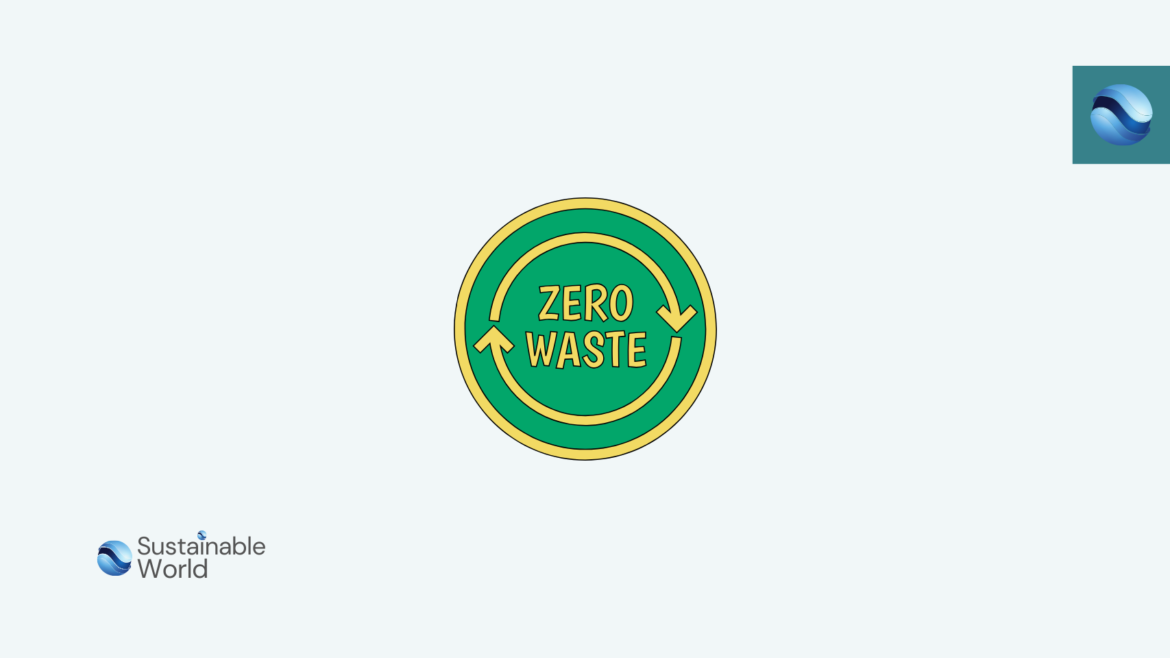Zero Waste Solutions: How to Minimize Waste and Help the Environment
waste management is a pressing issue. With landfills reaching capacity and plastic pollution threatening our oceans, it’s critical to adopt strategies that minimize our environmental impact. Zero waste solutions offer a practical approach to reduce waste and create a sustainable future.
This guide will explore the concept, benefits, and steps to implement zero waste in your life or business.
What Are Zero Waste Solutions?
Zero waste solutions are practices and strategies designed to minimize waste and maximize resource efficiency.
The goal is to send as little waste as possible to landfills by prioritizing reuse, recycling, and composting. By adopting zero waste solutions, individuals and businesses can significantly reduce their environmental footprint and contribute to global sustainability.
Benefits of Zero Waste Solutions
1. Environmental Protection
Reducing waste generation protects ecosystems and wildlife from pollution, conserves natural resources, and lowers greenhouse gas emissions.
2. Cost Savings
Reusing and recycling materials reduce the need to purchase new products, cutting costs for households and businesses while enhancing efficiency.
3. Community Engagement
Zero waste initiatives often involve community programs like composting services and recycling drives, fostering collaboration and environmental responsibility.
How to Implement Zero Waste Solutions
Making zero waste a part of your lifestyle doesn’t have to be overwhelming.
Here are actionable tips to get started:
1. Reduce Single-Use Items
Replace plastic bags, water bottles, and straws with reusable options like cloth bags, stainless steel bottles, and bamboo straws.
2. Recycle and Compost
Commit to recycling paper, glass, and metal, and start a compost bin for food scraps to reduce landfill waste and enrich soil.
3. Buy in Bulk
Purchase items in larger quantities to minimize packaging waste, and bring your own containers to stores for refills.
4. Support Sustainable Brands
Choose brands that prioritize sustainability, use recycled materials, or offer minimal packaging to reduce waste.
5. Educate Others
Raise awareness about zero waste by sharing resources, hosting workshops, or participating in community events to inspire change.
Challenges of Zero Waste Solutions
While zero waste solutions have numerous benefits, they also come with challenges:
1. Lack of Infrastructure
In some areas, recycling and composting facilities are limited, making waste disposal difficult.
2. Consumer Behavior
Shifting from a convenience-based lifestyle to a sustainable one requires effort and mindset changes.
3. Cost Considerations
Initial investments in reusable products and recycling systems may seem costly, but they offer long-term savings.
4. Limited Awareness
Many people remain unaware of waste-related environmental issues, highlighting the need for increased education and outreach.
Conclusion
Adopting zero waste solutions is an impactful way to reduce waste, protect the environment, and foster sustainability.
From small lifestyle changes like reducing single-use plastics to supporting sustainable brands, every action counts. By embracing these practices, we can collectively work toward a zero-waste world and leave a healthier planet for future generations.



